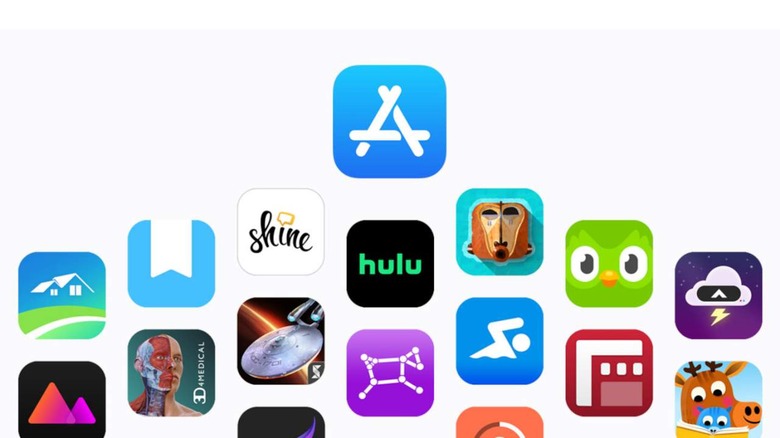Court Refuses To Grant Apple A Stay On Mandated App Store Changes
One of the highest-profile legal cases surrounding Apple in a long time was bought against it by video game company Epic Games. The legal battle between the two has been raging in court for many months. It centers on Epic attempting to put a link to allow players to directly pay and bypass Apple's cut of the money from the incredibly popular game Fortnite. Unfortunately for Epic Games, of the ten counts brought against Apple, Apple came out on top in nine.
However, the one count that Apple did lose had to do with anti-steering policies that restrict developers from using links in their apps that directs users to alternative payment methods. While Epic certainly hoped to win on some of the other counts, the heart of the lawsuit always focused on Apple forcing developers to use its payment system, allowing it to take a cut of the money. The judge ordered Apple to allow developers to communicate with their customers utilizing points of contact obtained voluntarily from customers using account registration inside the app.
As you would expect, Apple appealed the ruling seeking a stay to prevent the court from enforcing the injunction, but the court denied that request. US District Judge Yvonne Gonzalez Rogers wrote that Apple's request was based on "a selective reading" of the court findings and ignored all findings supporting the injunction. Specifically, Judge Rogers wrote there was antitrust conduct, including super competitive commission rates and "extraordinarily high operating margins" that didn't correlate to the value of Apple's IP.

Apple claimed that integrating the changes into the app store was a massive task and would require months to accomplish. According to Apple's attorney Mark Perry, the undertaking would be the first time Apple allowed live links in an app. In addition, Perry claimed it would take Apple months to work out the engineering, economic, business, and other issues surrounding the change. However, one issue that reportedly bothered Judge Rogers was that Apple did not indicate how long the changes would take to implement.
Judge Rogers told the Apple legal team that it hadn't asked for additional time. Rather it had asked for an injunction that could last years. In a written judgment, Rogers wrote that the fact the injunction could require new guidelines and additional engineering wasn't evidence of irreparable injury. Rogers said at best that suggested more time was needed to comply, but Apple did not request additional time to comply. Rather, it sought an open-ended stay with no requirement for an effort to comply. Under the current ruling, Apple has until December 9 to complete the court-ordered App Store changes.
Apple has stated that it believes no changes to its business should be required until it has exhausted all appeals in the case. Unfortunately, going through all of its appeals could take years, and Apple will certainly exhaust its appeals efforts since this change could cost it billions of dollars.
Apple has previously agreed to make some voluntary changes to the App Store, which would allow developers to contact customers via email, offering alternative payment methods. The proposed settlement would also set up a $100 million fund to help small developers and is expected to be approved.
At the beginning of this saga, Apple deleted Fortnite from the App Store make a game unavailable to iPhone and iPad users. Epic later claims that Apple had threatened to remove its Unreal Engine, which many other games utilized from iOS and macOS. Apple and Epic are also finding the same legal battle in the Europe.
